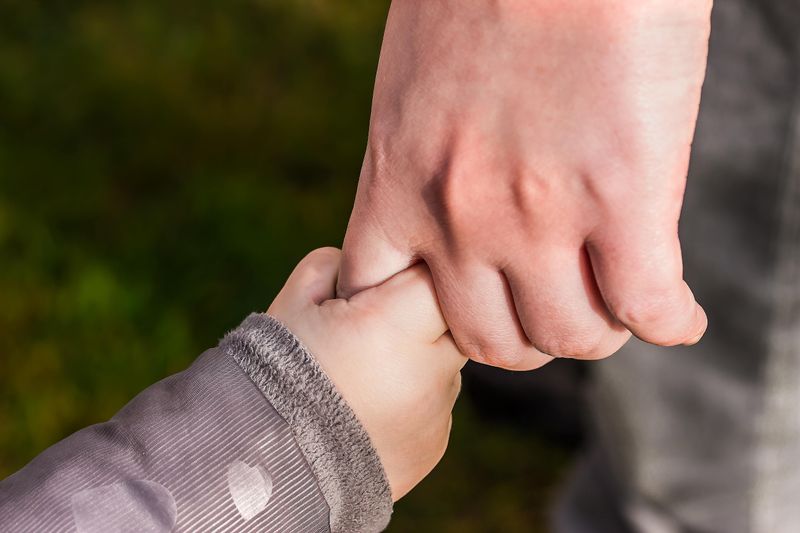Feb 1, 2023
The Hurdles to Adoption and Volunteering with Kids in Care
My neighbor, a lovely Japanese guy in his 50s, has always referred to his sempai, senior, as aniki, a familiar way of referring to an older brother. I assumed it merely expressed the warm friendship between them. The two men are infrequently together, but when they are, you can see the resemblance. They told me after some time that they are, in fact, brothers with different family names.
The two men are not shy about telling people that they’re brothers and that one was “given” to a childless aunt in their maternal line. They’re not the only ones I know. Among my friends in their 60s and 70s, a few have siblings that were raised by relatives who didn’t have children of their own. This pattern has gradually diminished, but you might meet familial adopted people.
Another pattern is adult adoption when a family accepts a son-in-law to carry on the family heritage. It may be surprising but the most common form of adoption in Japan is between a bride’s parents and new son-in-law to allow their heirs to bear their name and inherit their business and estate. Most sources say that about 90% of the 80,000 people adopted in Japan every year are adults.

Tens of thousands of children live in institutions photo Pixabay
What’s stunning is the number of children in care who are not candidates for adoption. About 38,000 children are separated from parents who cannot care for them. Only about 15% live with foster parents. The majority are in institutions. The children face big hurdles to finding permanent membership in families. Two issues are that the child welfare system makes parental rights a priority, and parents are reluctant to give up access to their children.
Full adoption of children into family registers, which indicates that the adopted child is the natural child of the parents, only came into effect in 1988. Only in 2017 did the government review “special adoption”, which describes this full process with the aim of doubling the number of adoptions to 1000 per year.
There are foster families, too. November 2022 marked the 20th anniversary of the start of specialized foster care. The Mainichi reports about 25% of the children in foster care have mental or physical challenges.
While there are great obstacles to adopting and fostering children in Japan, you can still lend a hand. If you’re in the Tokyo metropolitan area, the Tokyo Volunteer Action Center connects volunteers with community groups, some of which help children in care. Another organization inviting volunteers and donations is Mirai no Mori, a non-profit organization that provides outdoor experiences for children in orphanages.
If you’re up for it, volunteering with children who have disrupted family life is life-changing for you and them. I briefly had a chance to work with children in care homes. Since many have experienced trauma, it’s best to keep topics to the here and now, providing experiences and activities that help them feel respected and empowered.
It was heartwarming to guide children with tough histories camping for the first time. There were tense moments, some children approaching adults with trepidation, but over a week at camp, the children relaxed, laughed, played, and learned new things. I got to be an auntie and encourage, challenge, and support the children.



3 Comments
genkidesu
on Feb 2
My immediate thought when you were writing about this was Shinzo Abe, whose biological brother Nobuo Kishi (also in politics) was adopted by his maternal uncle. Interesting that it's quite widespread.
TonetoEdo
on Feb 2
@genkidesu Right, a lot of people from prominent families have adopted adult men into their ranks to carry on dynasties. You see it in the arts, politics, and business in Japan.
BigfamJapan
on Feb 5
So very different to adoption back home. I know quite a few adoptees exactly as you describe - children who were adopted by aunts and uncles who couldn't have children of their own. Of the people I know personally, most of them are over 70 years old and came from large families. They've told me how their parents didn't want to give them up (or their brother / sister up), but to put it simply, they had no choice. Some of the stories are heartbreaking. I just can't imagine. They were different times.